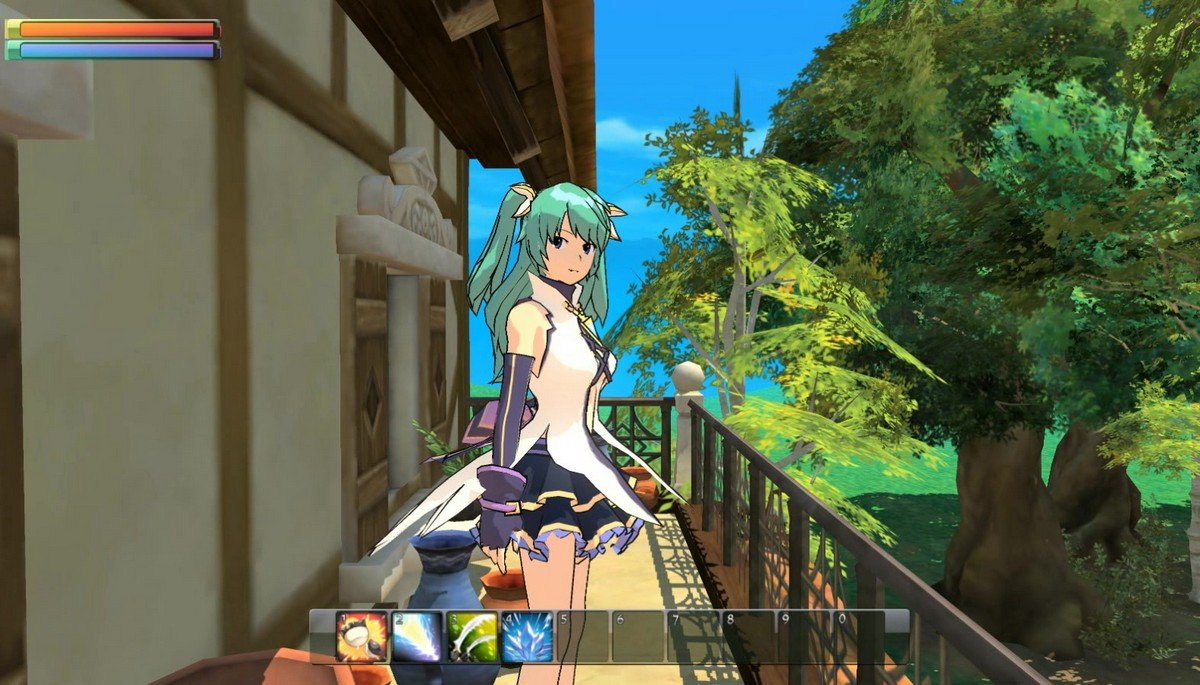There is major bias at play, which is the reason why it’s a relief that Malika On ‘Good difficulty’ addresses it
In “Swipe Right,” an episode in the 1st period of Freeform’s Good difficulty, the type Malika Williams (Zuri Adele)the just primary cast user that is a Ebony womanhas a testy and impromptu date having a Black man who had, earlier in the day, declined to fit with her for a dating app.
Although she’d been hurt by the initial rejection, Malika rallied as he later walked to the bar where she works. After an engaging conversation and clear chemistry among them, though, she rejected their demand on her number, and called him down for dismissing her as being a intimate possibility because she actually is dark-skinned and Black; she even makes use of his or her own dating profile history to show his unconscious bias against ladies who look like her.
Unlike many media that relates to interracial relationships, Good difficulty didn’t lapse into saying the sluggish trope that Ebony ladies who just take issue utilizing the anti-Black dating choices of Ebony males are merely jealous of white women. Alternatively, it presented a portrait that is nuanced of it is want to navigate the racial characteristics of dating in a world where black colored women can be over repeatedly told that facets beyond their control cause them to inherently less desirable than women of other races.
A 2021 piece in Lainey Gossip concerning the dissolution of star Jesse Williams’ wedding to his Ebony spouse ( and also the rumors he had since taken up with white actress Minka Kelly) defines this in-between feeling of resistance and resentment as “The Wince”:
Whenever legends that are even living Eartha Kitt are rejected by their Ebony male peers because their Blackness is observed being a hindrance to aspiration, the presence of Ebony love can start to  feel taboo and rarefied; in desperate need of security. As author Dee Lockett notes within an study of Beyonce’s Lemonade: “[Black] love is often governmental, no choice is had by it. Whenever it fails, it’s a failure for many black colored enthusiasts.” But the news frequently flattens this nuance, selecting instead to willfully portray Black ladies’ sensitiveness towards the presssing problem as “reverse racism.” It is why trouble that is good approach is really so significant.
feel taboo and rarefied; in desperate need of security. As author Dee Lockett notes within an study of Beyonce’s Lemonade: “[Black] love is often governmental, no choice is had by it. Whenever it fails, it’s a failure for many black colored enthusiasts.” But the news frequently flattens this nuance, selecting instead to willfully portray Black ladies’ sensitiveness towards the presssing problem as “reverse racism.” It is why trouble that is good approach is really so significant.
The last, though, is plagued by types of exactly how other tales have gotten it wrong. a particularly glaring exemplory instance of this is Intercourse plus The City’s period 3 episode “No Ifs, Ands or Butts.” The girls are introduced to one of Carrie’s (Sarah Jessica Parker) former colleagues, food critic-turned-chef Adeena Willams (Sundra Oakley) at the opening of her new soul food restaurant in one of the show’s only episodes to feature Black characters. At the event, the women are introduced by her to her brother Chivon (Asio Highsmith). In typical fashion, Samantha (Kim Cattrall) sets her places in the music mogul, and they quickly start an event. In response, Adeena becomes enraged whenever three get together later at A ebony club, asserting that Samantha does not belong and that she’ll never ever understand just why because “it ‘s a Ebony thing.” After Samantha tells her down for not being “open-minded” Adeena grabs her by the locks and starts a battle that will be broken up by Chivon and safety. Ironically, in an meeting with Vanity Fair this past year to commemorate the show’s 20th anniversary, Oakley, too, expressed feeling that familiar “twinge” whenever she browse the script and realized how her character was indeed written.
Adeena’s characterization is simply one of a litany of comically unpleasant things about the episode. Not only is it depicted as irrational for attempting to keep carefully the budding couple apart, Adeena is demonstrated to embody all the characteristics of a “sassy Black woman.Though Samantha spends the length associated with the episode making unpleasant cracks about Chivon’s “big Black cock,” the show’s moral universe reinforces her perspective, greatly suggesting that her race-blind approach to dating is the right one, and that Chivon and, particularly, Adeena are ignorant for caring about how the largely Black spaces to her whiteness interacts they inhabit.
Then, too, 2001’s Save The final Dancereplicates the exact same dynamic. As they wait together for her young son become seen by way of a doctor at a local clinic, Chenille (Kerry Washington) reprimands her buddy Sara (Julia Stiles) for perhaps not acknowledging why it bothers their buddies to notice a white girl dating her bro Derek (Sean Patrick Thomas). Sara replies that she does not comprehend the animosity because their relationship is between the two of them, and that it shouldn’t matter what other people think. Chenille angrily asserts so it matters to Ebony females because Derek is amongst the few solitary Black guys left after “jail, medications, and drive-by.” Inelegantly expressed, Chenille tries to explain why Derek’s ex-girlfriend Nikki (Bianca Lawson) is indeed opposed to their union that she’d pick a physical fight; selecting Sara, mostly of the white students within the predominantly Black Chicago college, is regarded as Derek’s rejection for the Black ladies who had always been there.


